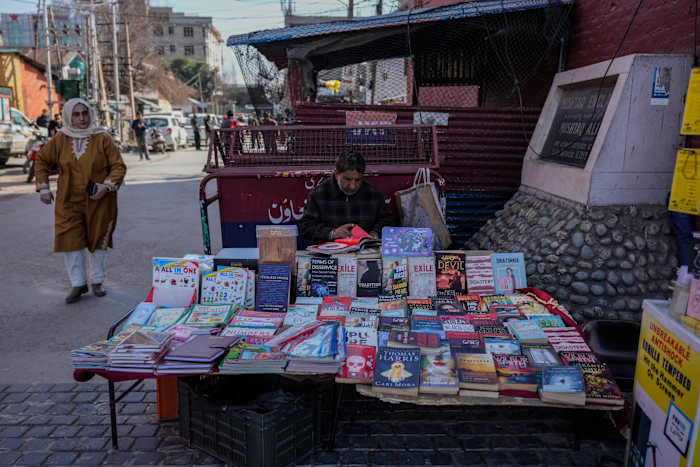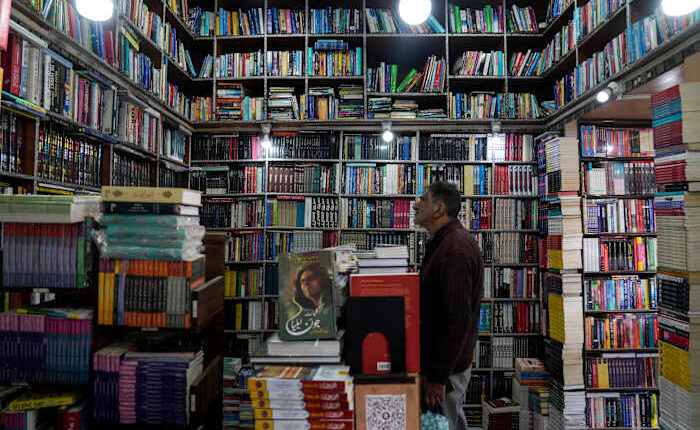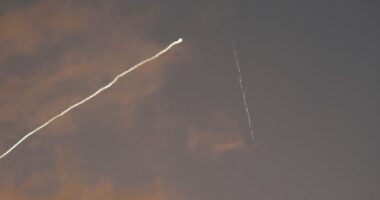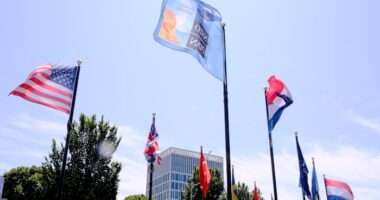
Police in Indian-controlled Kashmir conducted raids on bookstores in Srinagar, seizing 668 books associated with a major Islamic organization in the disputed region. The strict press controls in the area have been increasing in recent years.
The raids commenced in Srinagar, the main city of the region, on Friday. Police, in a statement on the social media platform X, mentioned that they took action “based on credible intelligence regarding the clandestine sale and distribution of literature promoting the ideology of a banned organization.”
The seized books, as per booksellers, were predominantly published by Markazi Maktaba Islami Publishers, a New Delhi-based entity affiliated with Jamaat-e-Islami Hind, one of the largest Islamic and political organizations in the Indian subcontinent.
Indian authorities banned Jamaat-e-Islami in Kashmir as an “unlawful association” in Feb. 2019, months before New Delhi ended the region’s semi-autonomy in Aug. 2019. In New Delhi’s effort to shape what it calls “Naya Kashmir,” or a “new Kashmir,” the territory’s people have since been largely silenced as India has shown no tolerance for any form of dissent.
Most of the books seized were authored by Abul Ala Maududi, a prominent twentieth-century Islamic scholar and founder of Jamaat-e-Islami who advocated integration of state and religion.
Police teams also carried out raids in some other parts of Kashmir and conducted “stringent checks” of bookshops “to prevent the circulation of banned literature linked to Jamaat-e-Islami,” a police statement said on Saturday.
“These books were found to be in violation of legal regulations, and strict action is being taken against those found in possession of such material,” police said.
Nuclear-armed rivals India and Pakistan each administer part of Kashmir, but both claim the territory in its entirety, while militants in the Indian-controlled portion have been fighting New Delhi’s rule since 1989. Many Muslim Kashmiris support the rebels’ goal of uniting the territory, either under Pakistani rule or as an independent country.
India insists that militancy in Kashmir is Pakistan-sponsored terrorism. Pakistan denies the charge, and many Kashmiris consider it a legitimate freedom struggle. Tens of thousands of civilians, rebels and government forces have been killed in the conflict.
Jamaat previously sided with the armed rebellion against Indian rule, but in the late 1990s it said it distanced from it and instead advocated political means.
The crackdown on books has been widely criticized in Kashmir.
Several Jamaat leaders who contested a recent local election in Kashmir called the seizure of these books “unjust, unconstitutional and a violation of fundamental rights.” In a statement, they said the seized books were legally published in New Delhi and were being lawfully distributed to bookstores across the region.
“If the government has any security concerns, we are fully prepared to cooperate with any investigation,” the statement added.
Mirwaiz Umar Farooq, a key resistance leader in Kashmir, called the police operation “condemnable” and “ridiculous.”
“Policing thought by seizing books is absurd to say the least, in the time of access to all information on virtual highways,” Mirwaiz said in a statement.
Copyright 2025 The Associated Press. All rights reserved. This material may not be published, broadcast, rewritten or redistributed without permission.

















